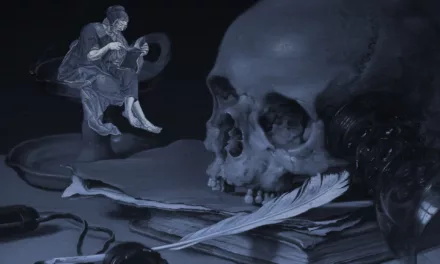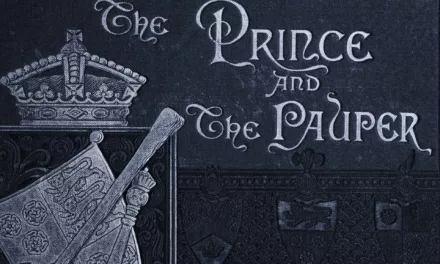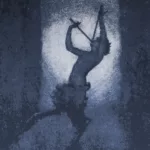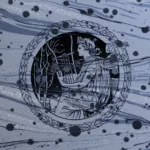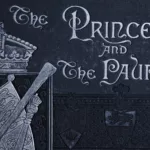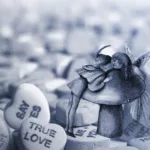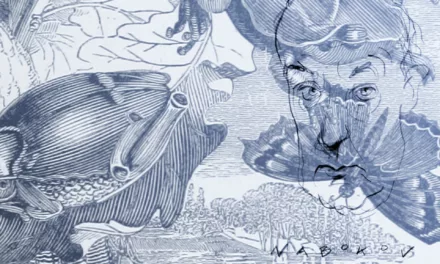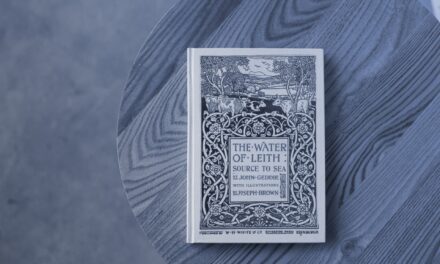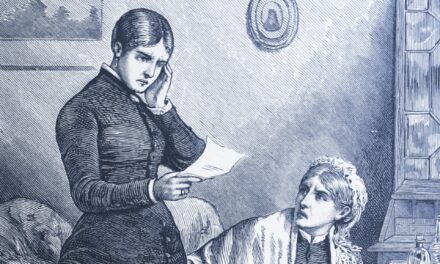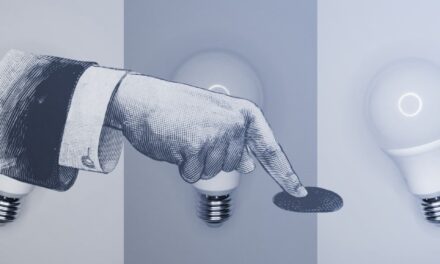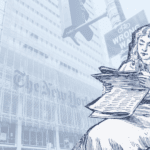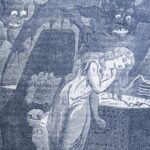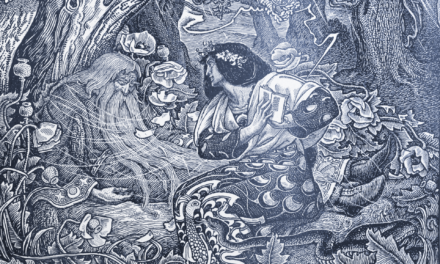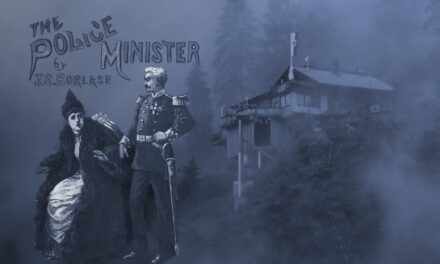
What is the difference between a hero and an anti-hero?
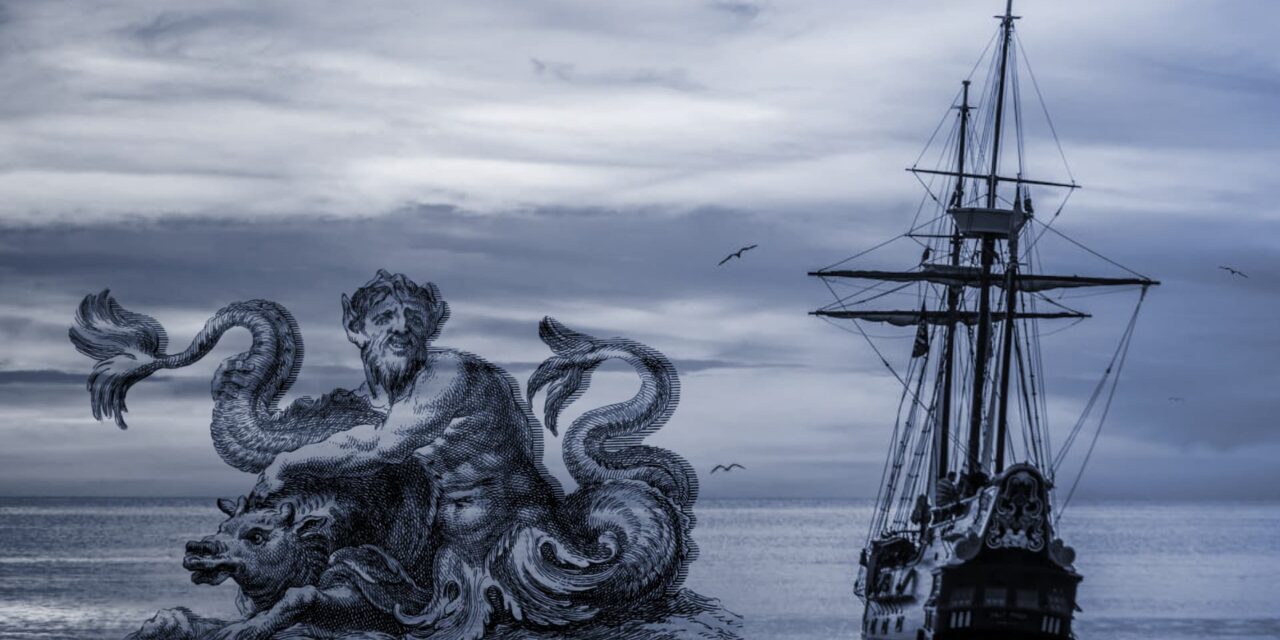
“People always talk about anti-heroes as opposed to heroes. What is the difference and is one better than the other?”
We often hear talk about the “hero” of our story. What is a hero? It is a protagonist specifically with noble virtues or admirable qualities. Basically, someone to look up to.
Heroes can often embody cultural ideals. Writers can craft heroes that readers can try to emulate. You’ll often see traits like kindness, bravery, and strength (especially strength of character) in heroes. Think of Superman, for instance. Superman’s motivations and actions are consistently trying to do what is right, trying to help people in need, and trying to thwart the plans of the villain who would victimize the people of Metropolis.
As a focal point of the action, the most important aspect of the Hero is their decision-making. Why is Odysseus hell-bent to get home from war? He faces death on his trip but also the temptation to stay on a pleasure island with a goddess. Yet Odysseus protects his crew as much as possible, stays focused on getting home to his family, and, when he arrives home, he exacts revenge on the suitors who, in his absence, bled his house dry and terrorized his family. Odysseus is kind to beggars and strangers, modeling culturally desirable behavior. Above all else, Odysseus is wily, quick-witted, tricking monsters and opponents with his superior guile. Odysseus, we are led to believe, is what Homeric Greek society wanted people to strive for. A Hero.
Not all heroes are supernatural. John MacLaine in Die Hard is just a New York cop in the right place at the right time. He uses his superior skill to uncover the villain’s plot, coordinate a response with law enforcement, and even risk his own life to save others when he clears the roof of hostages before the bad guys blow it up. In the end, the hero kills the villain, stops the theft, and maybe, just maybe, mends his broken marriage.
Traditional heroes start off flawed but are typically redeemed by the end of their stories. When writing a traditional hero, have your hero’s decision-making exemplify the best of what people should aspire to. Start the hero off in trouble, far away from heroism, so that their progression into the heroic is that much more obvious and, as a result, satisfying.
In the film Edge of Tomorrow, the Tom Cruise hero character is essentially a coward pressed into combat. By the end of the story, he has fought so bravely that he helped turn the tide of an entire war. This pendulum swing is critical to the success of the story. The more distance you have between where a hero starts their journey and where they end, it gives the narrative an epic scope, reinforcing the importance of heroism, virtue, and living a good life.
Yet some of the most delicious main characters are folks we don’t want to emulate. They are called anti-heroes. The anti-hero is a central character who lacks traditional heroic qualities. In many respects, they act like villains.
Perhaps my favorite anti-hero is Walter White from the series Breaking Bad. Walter lies to his family, steals chemicals, kills rivals, cooks meth for sale and distribution, and yet all the while, we are somehow rooting for him to succeed, perhaps because, initially, his goals are quasi-heroic (to pay for his own cancer treatment and provide a nest egg for his family after he passes away).
In the Netflix limited series Griselda, Griselda Blanco is firmly an anti-hero. In Griselda’s mind, every illegal thing she did was done on behalf of her sons. Her point of view was, “I am providing for my family and keeping them safe.” But as the plot progressed, and near-death danger closed in around all of them, she was offered several opportunities to get out. And each time, her gain would have been greater than before. It’s not like she had a tough choice with a $15 million dollar buyout in the 1980’s.
There is a great scene with her and her sons at the kitchen table. The sons are practically begging her to spend more time with them, wishing out loud that they could take a family vacation to a beach. And we know that all Griselda has to do is walk away from the life, take the buyout, and hop on a plane with her kids. Instead, Griselda doubles down on her drug trade and expands her empire. She chafes at something she built from nothing being taken away from her. So, Griselda, as an anti-hero, was motivated only by growing her own personal power as a way of insulating herself (not her sons) from being victimized like she was in her youth. The story about her sons was just a smoke screen, a myth she told herself to justify her terrible decisions.
Both heroes and anti-heroes need compelling reasons to act the way they do. Whether they are altruistic or selfish, kind or cruel, your central character needs that main motivation front and center for the reader to identify their big “why.” What really differentiates a hero from an anti-hero is how their motivation (or their “why”) informs their actions and what form those actions take. A hero has a good why and acts within acceptable moral standards to achieve their goals. An anti-hero takes that “why” and does either bad or morally questionable things to the same end. Neither is better than the other. It all depends on the type of story you want to tell.

